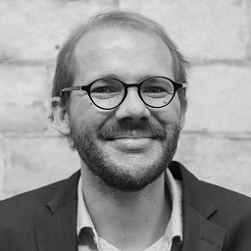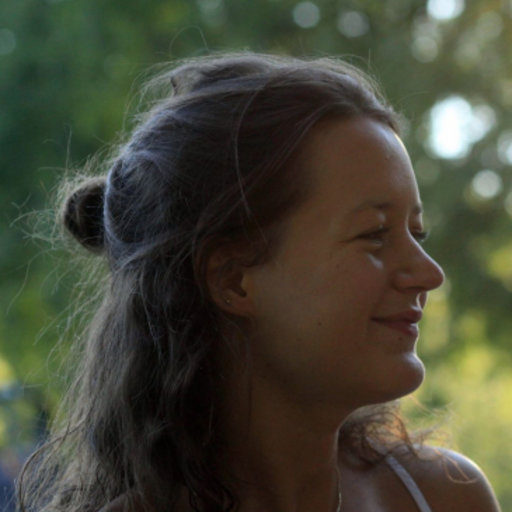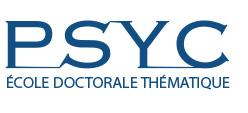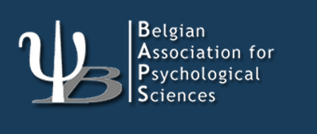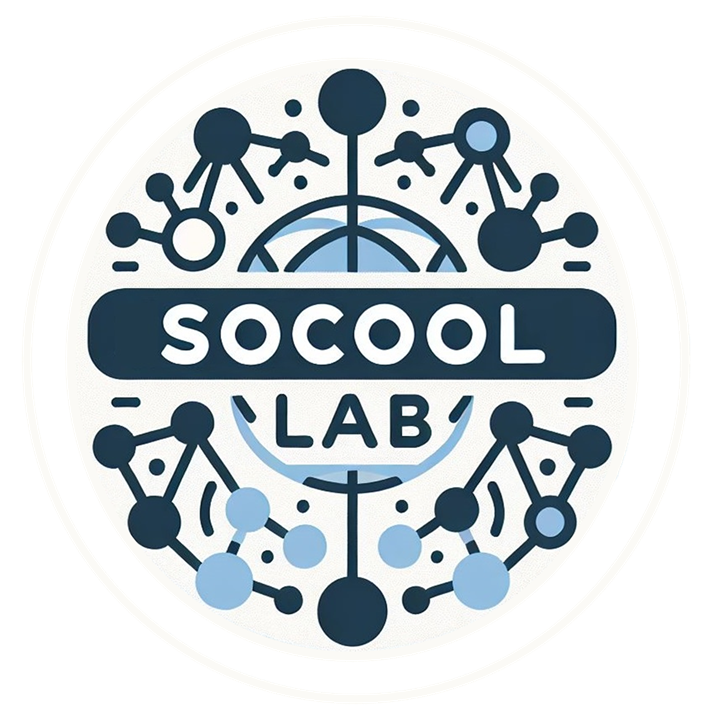01st – 02nd DECEMBER 2025 BRUSSELS, BELGIUM
Towards the Development of Transdiagnostic Dimensional Approaches and Process-Oriented Evidence-Based Practices to Evaluate and Enhance Self-Other Functioning
The two-day program aims to bridge the gap between understanding the malleability of self-other processes and developing dimensional, process-based methods to evaluate them across diagnostic categories.
Key Note Speakers
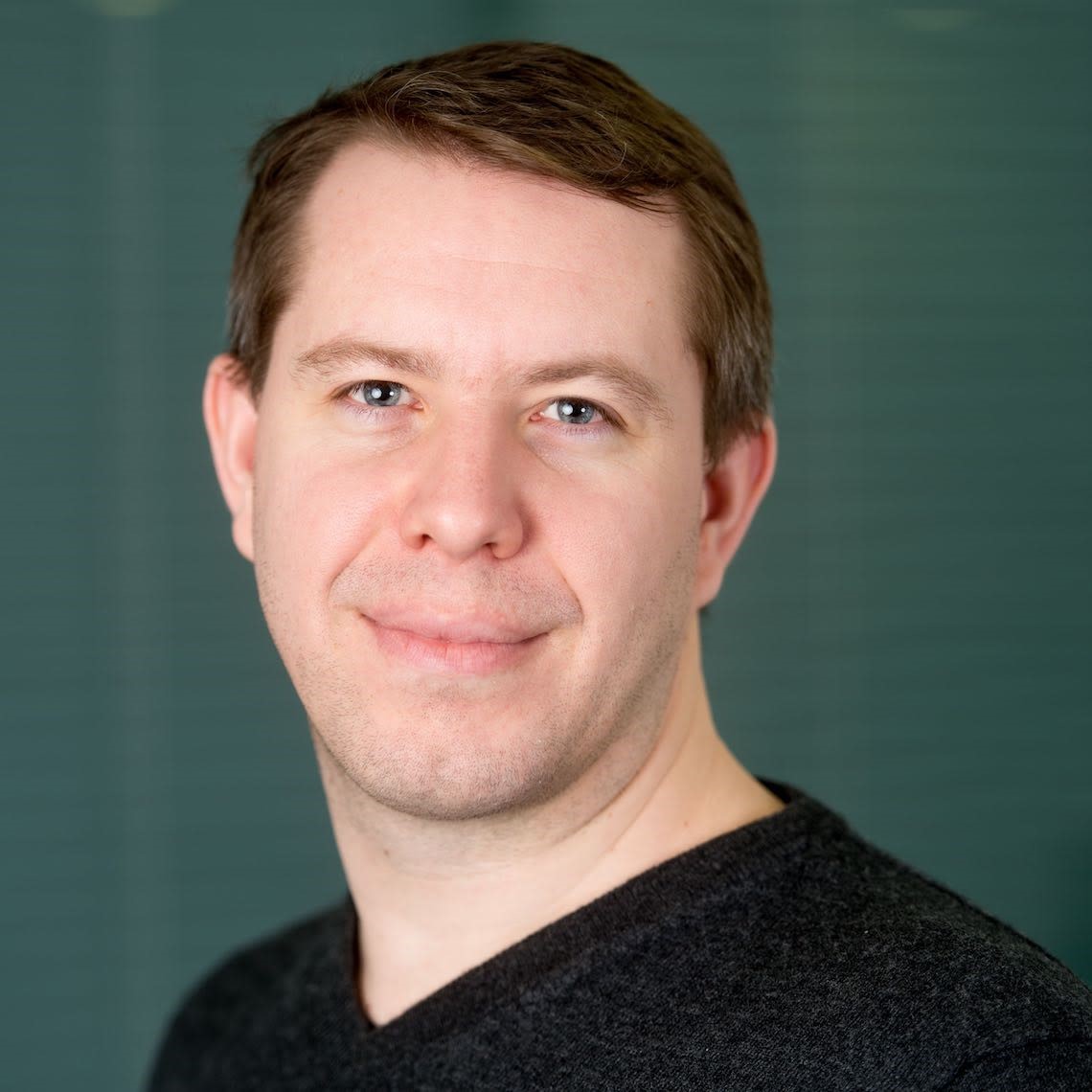
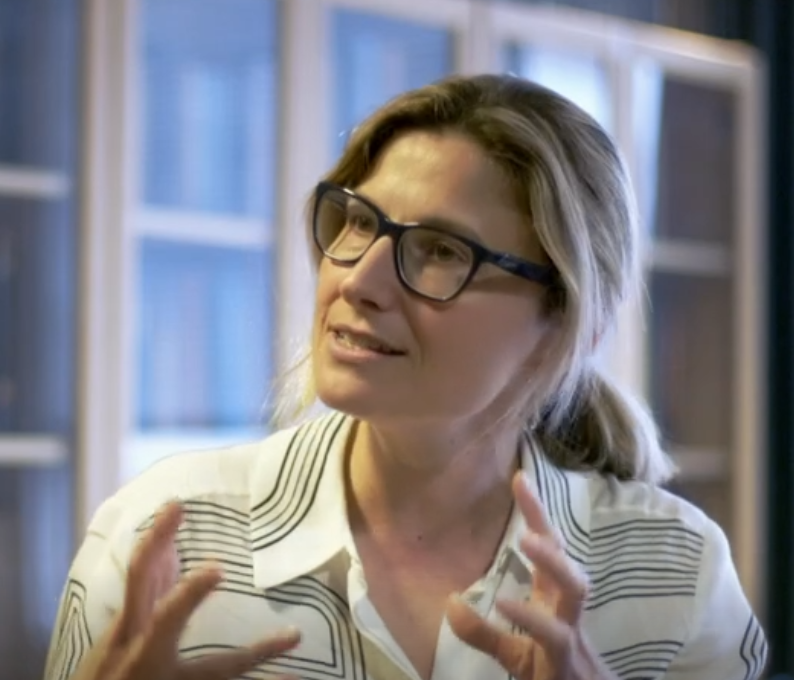
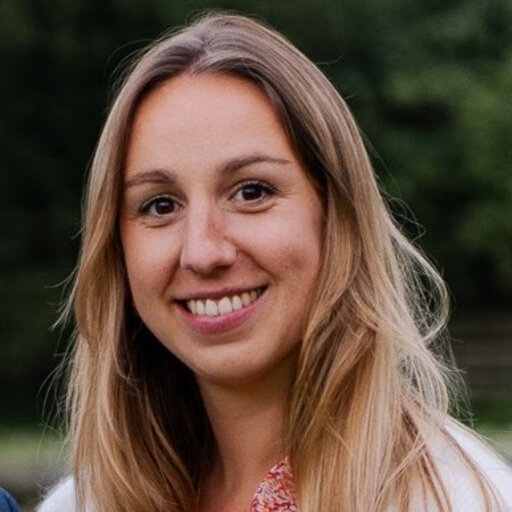

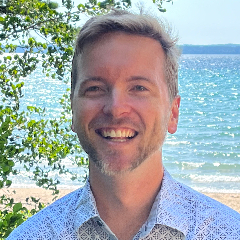
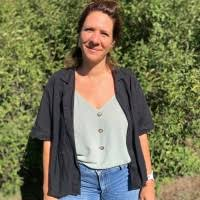
EDITION THEMES
1. Transdiagnostic and Dimensional Approaches
2. Process-Oriented Interventions
Exploring how moving beyond categorical diagnoses toward dimensional, cross-cutting models can better capture variations in self–other functioning across mental health conditions.
Discussing evidence-based strategies targeting cognitive and affective processes (e.g., perspective-taking, self-reflection) to assess and improve interpersonal functioning in both clinical and non-clinical populations.
The goal is to present theoretical models and empirical tools designed to capture the multifaceted nature of self-other functioning across transdiagnostic contexts.
Meet Our Team
We are a team of passionate researchers from UCLouvain, Belgium and University of Vienna, Austria, interested in building a network of like-minded individuals focused on investigating the complexity of social cognition in both general and clinical populations. If you would like to connect, please get in touch!
